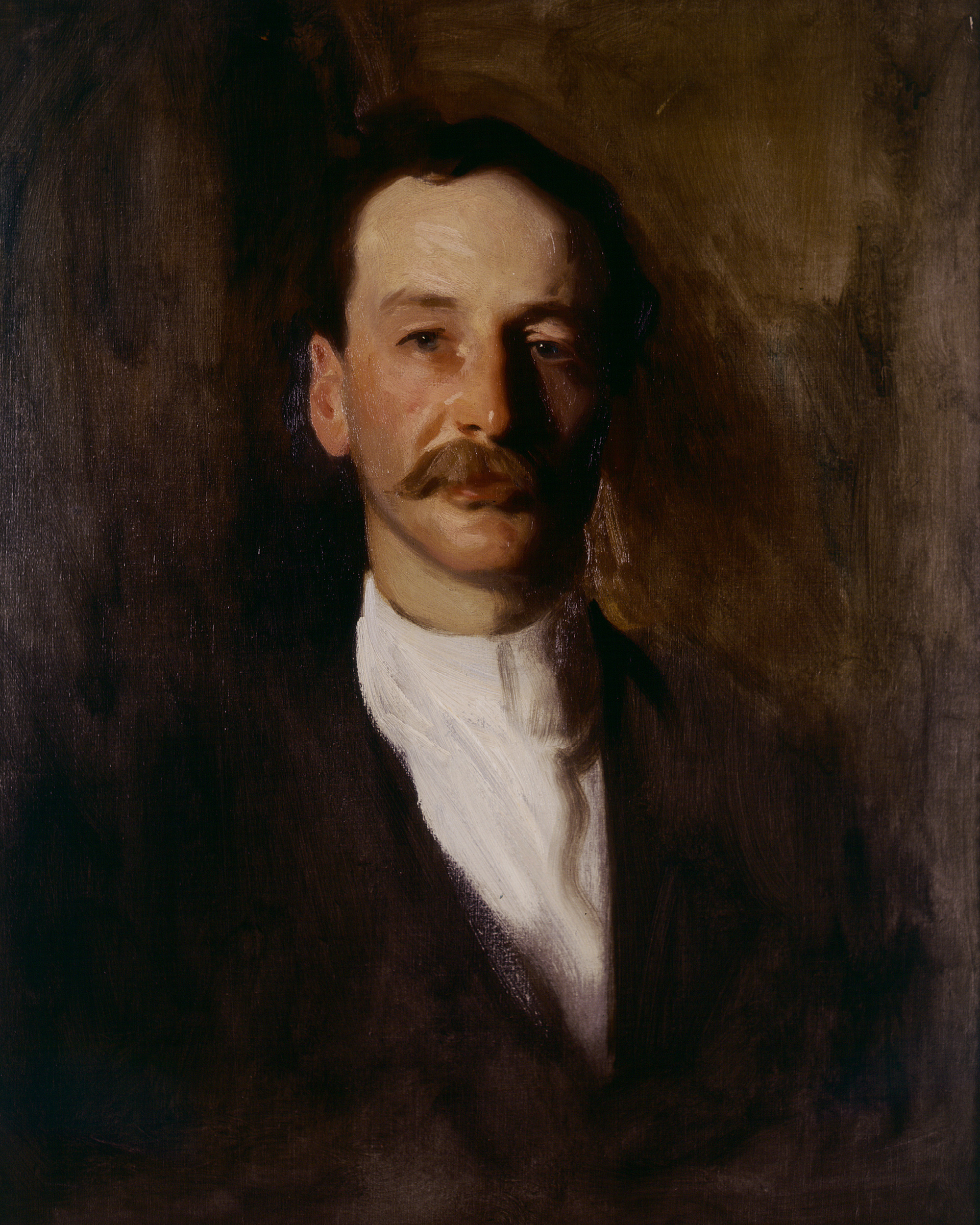The Disintegration of an Ideal
Morton Prince, Sigmund Freud, and the extraordinary case of “Christine Beauchamp”
George Prochnik
In the spring of 1898, Morton Prince—an affluent, high-principled yachtsman, equestrian, and psychologist with a penchant for hamming it up in elaborate entertainments at Boston’s Tavern Club—received a visit in his clinic from Clara Norton Fowler, a young woman of motley Irish descent.[1] Extremely nervous, with different parts of her body incessantly in motion, Fowler betrayed, Prince opined, “the general appearance of an hysteric.” Though it emerged that she was holding down a job as a stenographer while belatedly completing her high school education, and was well regarded by friends for her ideals and conscientiousness, Fowler’s private life was a shambles, plagued by headaches, insomnia, and rampant bodily pains. Beyond her physical suffering, she was, Prince observed, highly suggestible and had a “decided limitation in the field of consciousness,” which left her “dominated by certain particular ideas” that she was unable to properly assimilate by comparing them with collateral facts.[2]

Fowler entered into psychotherapeutic treatment with Prince and, since the standard regimen of rudimentary talk therapy coupled with various forms of electric stimulation got nowhere, Prince embarked on a course of hypnosis—stroking and etherizing her into a trance. This brought some relief (she reported feeling “like a different person,” sleeping well, and being able to walk for miles); however, the improvement never lasted. Fowler’s demeanor with Prince remained “depressed, rather weary,” and she continued to reveal next to nothing about her inner life. This extraordinary reserve, Prince wrote, indicated a laudable dignity that made Fowler unsusceptible to “the vulgarisms which ordinary, though refined, people may be pardoned for falling into under the stress of petty annoyances.” It also plainly got his goat.
One day, not long after beginning hypnotic treatment, Fowler surprised Prince by refusing to admit that she’d made certain statements while under hypnosis, and then, once under hypnosis, by confessing to having said what she’d previously denied. Her tone and manner were also unfamiliar. In a subsequent session, Fowler spoke of herself in a wakened state as “She,” but while under hypnosis would not accede to Prince’s insistence that she herself was “She.”
“Why are you not ‘She’?” he asked.
“Because ‘She’ does not know the same things that I do.”
“But you both have the same arms and legs, haven’t you?”
“Yes, but arms and legs do not make us the same.”